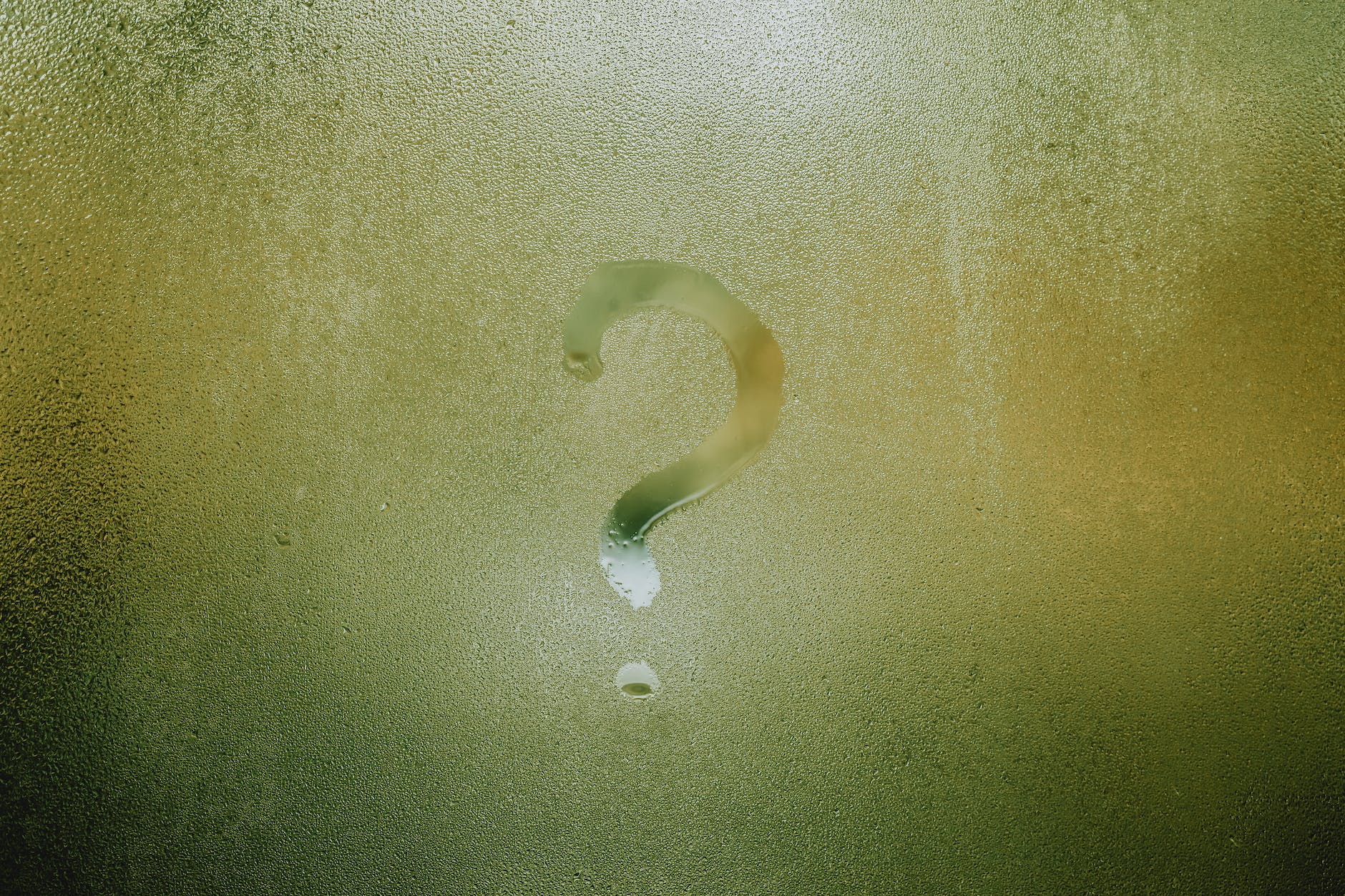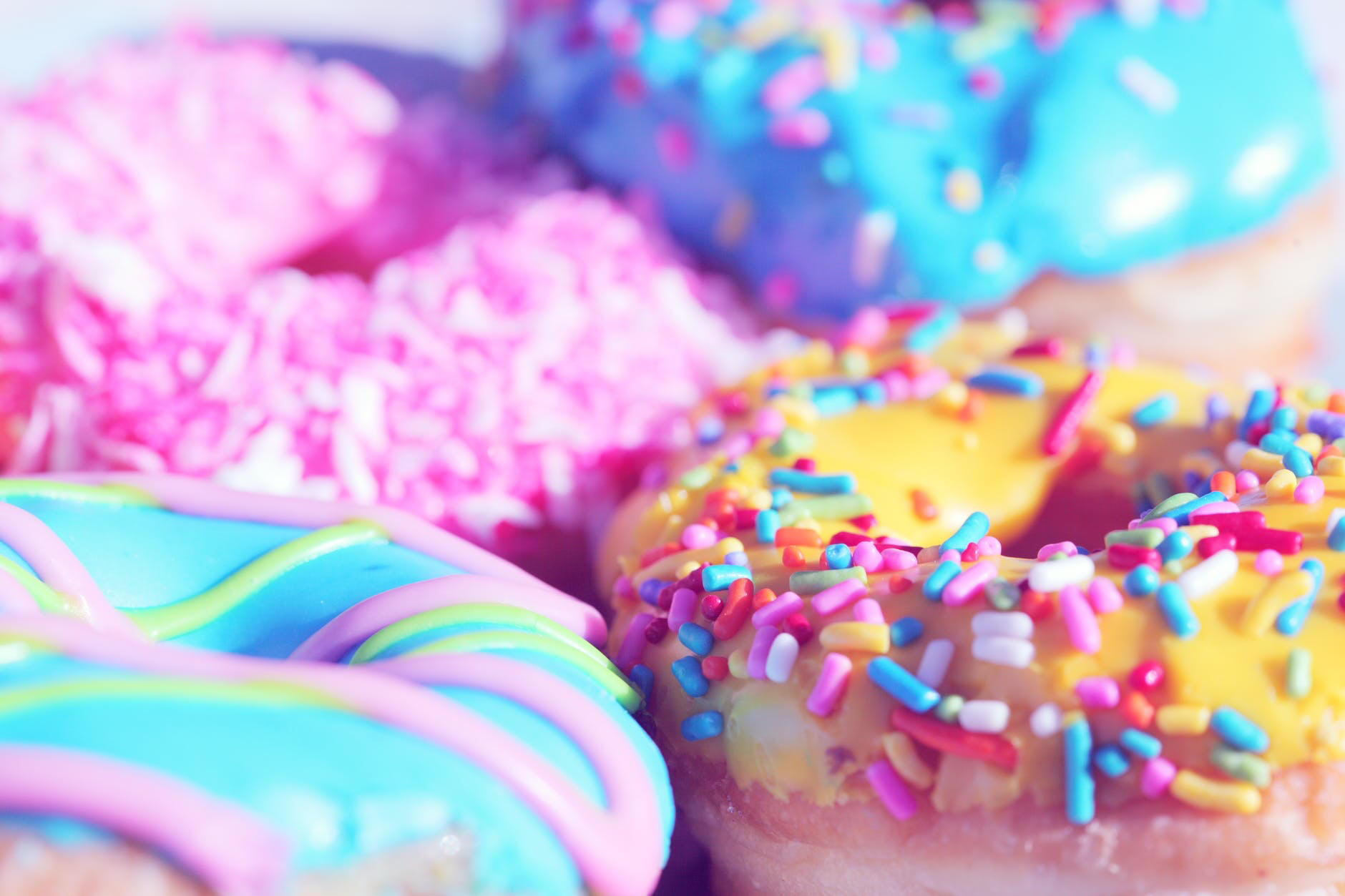Tag: Binge Eating Disorder
-

Not ill enough?
One eating disorder symptom, which isn’t talked about enough, is the belief that you’re not really ill, and definitely not ill enough to get treatment. And for many, including myself, the belief that you don’t deserve treatment, that you don’t deserve more than this existence, the half-life that comes with an eating disorder. Even now,…
-

On ultra processed foods.
Let’s talk ultra processed foods from an eating disorder lived experience perspective. I’ve recently heard talk about how the vast majority of binge foods for people with an eating disorder are ultra processed foods, and that they may be to blame for the rise in eating disorder presentation. Now I can’t comment on the statistics,…